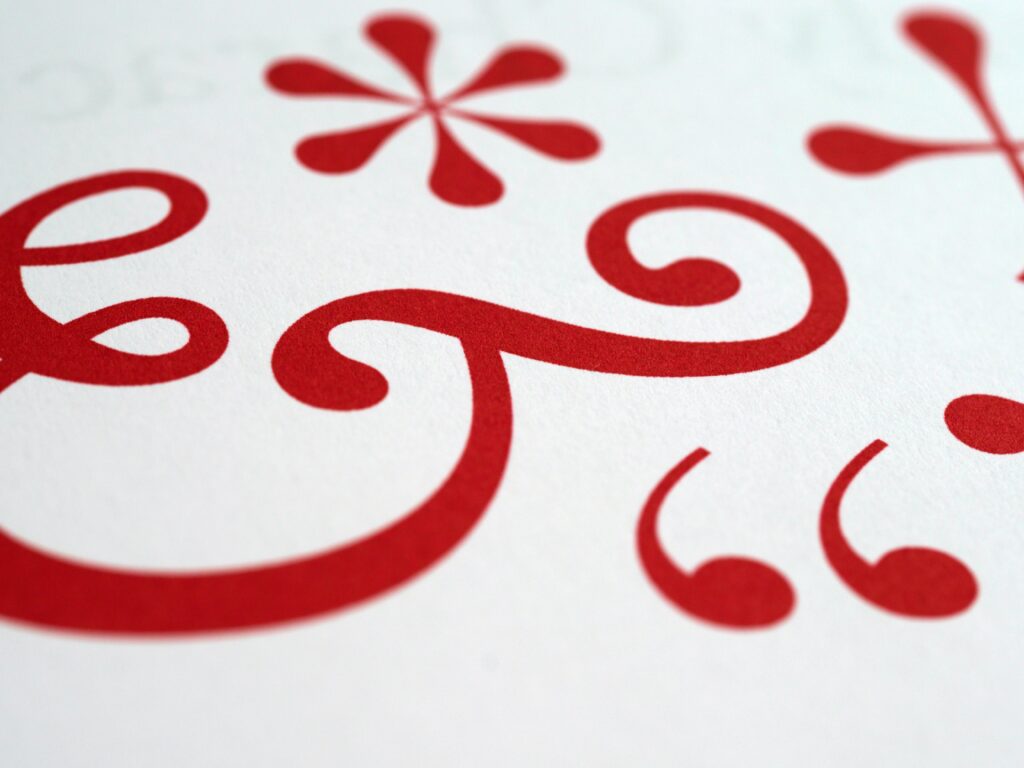Sally Rooney’s novel, Beautiful World, Where are You, released in Fall 2021, was Rooney’s third book after Conversations with Friends (2017) and Normal People (2018). All her books have been on the New York Times Bestseller list, on Amazon Bestsellers and on numerous other book lists around the world.
Rooney wrote her first book at age 26. In the very few years since, the author has whipped herself into a phenomenon, complete with branded merchandise accompanying the release of her last book. Bucket hats, tote bags and even umbrellas were designed and produced by the publisher and distributed to influencers to pose with and brandish on social media. Advanced Reader Copies were sold, pre-publication, at prices as high as $200.
Rooney’s three books have sold extraordinarily well and have been raved about and panned, yet more widely read than almost anyone in recent times, with the possible exception of the other contemporary writing phenomenon – Colleen Hoover. But Hoover’s books are about something. They are well plotted stories, often with strong messages such as the one about abusive relationships. Rooney’s books are about nothing. They are written in this staccato, short sentence, humorless manner that, nevertheless, keeps you turning the pages, fervently hoping that something will happen. But not much does. The characters move along in their lives with very little tedium, not too much to fight for and not very much to lose.
The books have developed a cult like following and Rooney has fans who seem to be growing up out of their twenties and into their thirties alongside her. Yet the most unnerving thing about the books is not the language, or the fact that nothing happens – it is the lack of punctuation. Rooney does not use inverted commas for dialogue in any of her books. She says she never felt the need.
A seasoned, very widely read author seems to have joined the free-wheeling punctation bandwagon in her latest book. Chitra Banerjee Divakaruni has made many pivots over the course of her extensive writing career. She began with diaspora fiction, a genre that is her mainstay and one she keeps returning to. Her books include, Arranged Marriage, Mistress of Spices, Sisters of the Heart and more. She has written a trilogy of folklore and fantasy books (The Conch Bearer, Mirror of Fire and Dreaming and Shadowland). Next, she has explored history in conjunction with mythology in Palace of Illusions and The Forest of Enchantment. Most recently, she has turned to historical fiction – The Last Queen and Independence.
It is in Independence that this veritable queen of Indian diaspora writing has adopted that staccato, punctation-optional style that is both unnerving and out of character. She has chosen to exclude commas in places that appear to be lists but this style element is not consistently applied, hence unnerving and often confusing in a first reading.
- ‘She cannot articulate the emotions roiling inside, relief love reluctance resolve.’
- ‘Priya remembers how flighty Deepa used to be, saris jewelry facials hairstyles.’
- ‘They look for her in all places they can think of: Malini’s house, the bazaar, the riverside where lately she sits daydreaming.’
- ‘The sky turns red, then violet, then black.’
The first two above don’t use commas. The second two, seemingly similar lists do.
Punctuation has evolved over years as an essential element of readability and ensures that the reader reads what the writer intends. While writers can and should express their personal style in their work, they must know that readers will be perturbed, at least at first.


